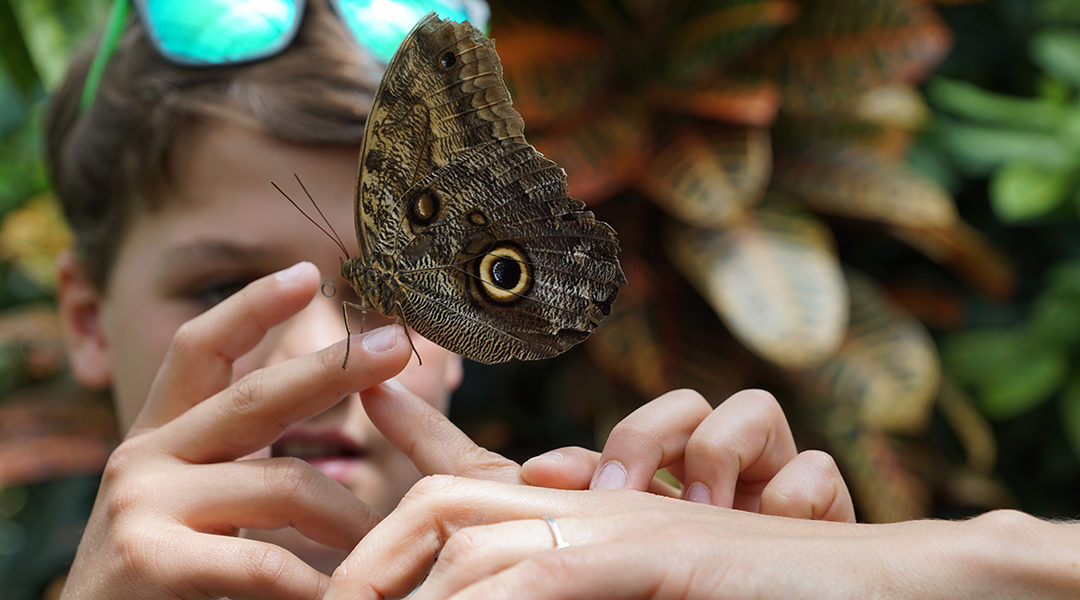I recently heard a talk with an analogy that caused me to pause and take note. What if you received a bicycle but weren’t allowed to ride it until you completed a course of instruction? You had to learn the history of bikes, the theory behind the physics of how they work, and how bicycles are used worldwide. Then, you had to read and be paper-tested on changing a tire and fixing the chain—all bookwork. You worked hard on preparing for the final exam. Having passed the exam, the instructor then sent you outside and told you to now ride your bike. Would you succeed in riding it? Probably not, because learning to ride a bike must involve riding it!
Unfortunately, much of our educational system through college graduation is built around that exact concept. We read, study, write papers, take exams, and at the end, we launch into the world to begin a new job. Yet, if you talk to most workers in any profession, they will tell you that what they do on the job, they mostly had to learn on the job. Even doctors better understand their craft when they finally deal directly with people instead of just books. Would you ever want your doctor to be only book-learned? It isn’t that book knowledge isn’t essential. It can lay the groundwork for a career or become the basis for learning other things. But, are we missing the educational boat when experiential learning is lacking in much of our educational paradigm?
I would contend that homeschooling offers us precisely the opportunity to make more of our education experiential. In doing, we have a how-it-really-works context for what we are learning. This kind of training is far different than what comes from books.
In thinking about schooling at our house, team policy debate is an excellent example of that concept. You do spend some time studying the theories of argumentation. Still, most of your time is spent researching, writing, presenting, arguing cases, taking notes, and researching other people’s debate cases—then doing it all again. The more you do it, the more adept you become with research. You become proficient at thinking on your feet and offering articulate discussions of the points at hand. Long story short, you get good at debate by practicing debate! It is experiential learning.
Another place we did a lot of hands-on exploration was with science fair projects where we had to conduct research, formulate a hypothesis, and define methods to test that hypothesis. Then we did the work gathering and analyzing the data. We had to learn some math to do the statistical analysis. Yet, the statistics made sense because we were studying it for an immediate purpose, not because it was the assigned topic. We gained significant knowledge about our subject. We were deeply involved in testing and analyzing what it all meant, asking more questions, and finding more answers through additional research. This pattern is the essence of deep and meaningful learning for a lifetime instead of for the next test.
The world is full of opportunities to learn new things. You can plan trips with maps as you travel and look into the history of places you go. You can learn all kinds of science at home by being curious and investigating. What do the eggs do in a cake? The baking powder? The yeast in bread? Why does fat melt, and why does it float on top of milk or water? What happens to my food when I swallow it? What does the alternator of the car do? How does the oil circulate through the engine, and why do we need the oil? Why did that ring of mushrooms form in the yard? How did the artist get that effect on his painting? How did another artist get the colors in blown glass? Every bit you learn has broader applications in understanding the world around you.
I need to be clear that I am not discouraging curricula use. On the contrary, I encourage an additional focus on asking questions about everything and researching the answers when you don’t know them. So, curricula can definitely have a place, but do venture outside of it and taste what life has to offer. Learn with your kids because you will not know the answers to every question they start proposing! Learn by doing everything you can. Travel, see, participate, investigate, plant, stargaze. Learning is a marvelous adventure when you live it!




